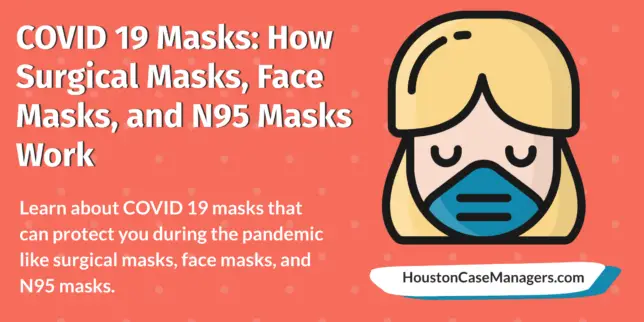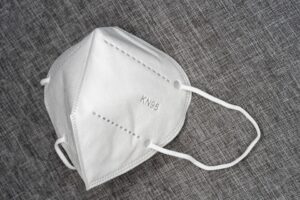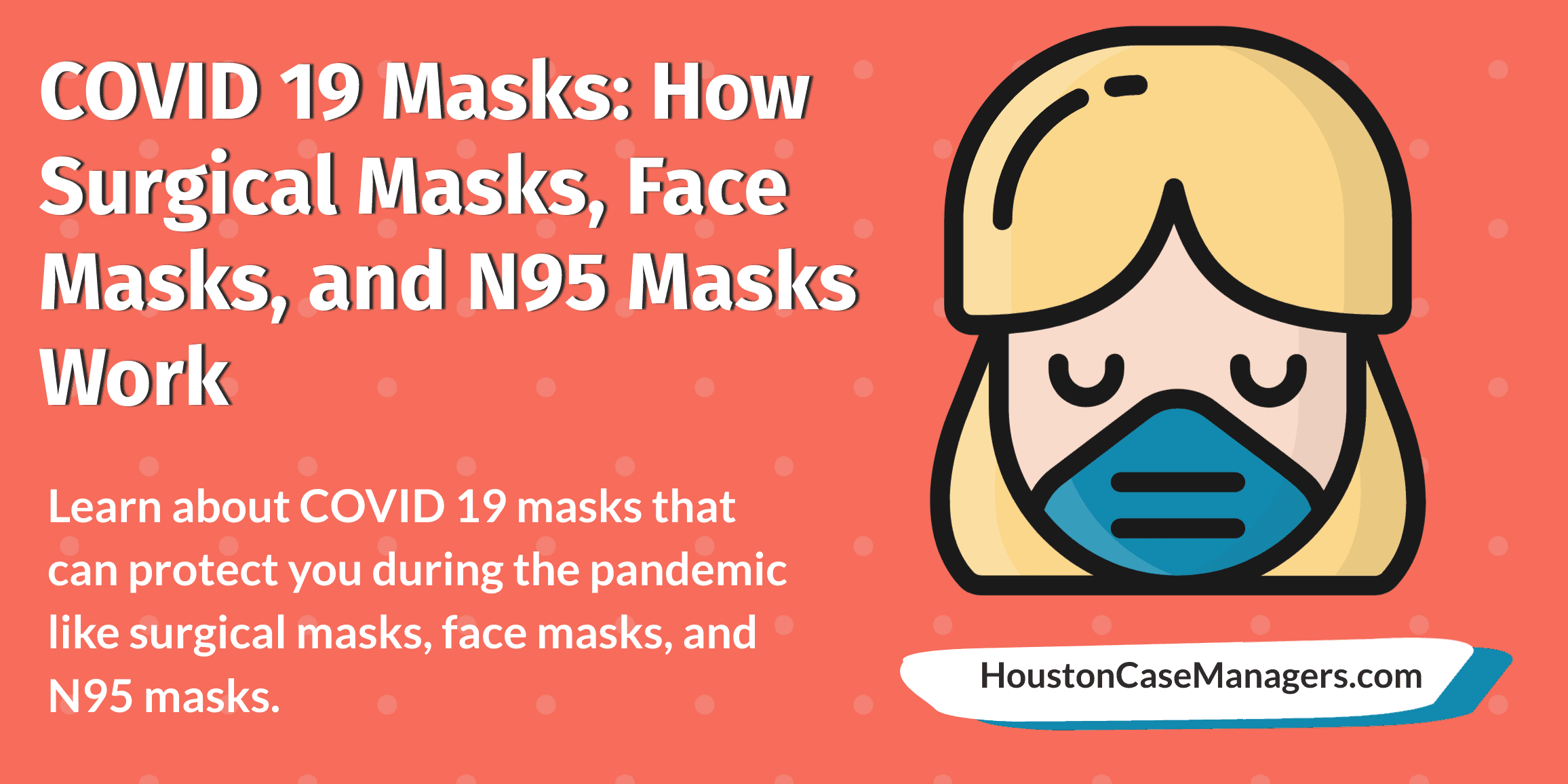COVID 19 Masks: How Surgical Masks, Face Masks, and N95 Masks Work
In 2020, people worldwide found their lives changed in many ways due to the spread of a global pandemic. Soon, people began learning more about coronavirus and safety precautions to start following. One way to help prevent the spread of COVID-19 is by wearing a mask.
One study found that having 80% of the population wear masks would be more effective as slowing COVID-19 than would a lockdown.
Understandably, many people have questions or want to know more about the various types of face coverings available to them. In this article, you’ll learn everything you wanted to know about surgical masks, face masks, and N95 respirators.
Surgical Masks
A surgical mask is typically worn by someone in the medical field. You’re only meant to wear surgical masks once, unlike face masks or N95 respirators. A distinction between surgical masks and face masks has to do with testing. All surgical masks receive tests for their resistance to fluids and efficiency of filtration.
Unless specifically stated, face masks don’t receive these same tests. Also, certain types of surgical masks will feature built-in face shields while others will not.
The drawback of surgical masks is that most are loose-fitting. With a loose fit around your face, surgical masks can let in airborne particles. Considering that, surgical masks are best as a second layer of cover over your nose and mouth.
Quick Information About Surgical Masks
- Single-use (disposable)
- Often worn by medical professionals
- Loose-fitting
- Tested to meet filtration and fluid resistance standards
- Better for blocking large particle droplets
- Sometimes comes with or without a face shield
- Combine with a face mask for extra protection
Who Are Surgical Masks For?
Surgical masks are best for people who need a one-time way to prevent breathing in airborne particles. As mentioned earlier, the loose-fit of most surgical masks doesn’t make them an ideal face covering.
Face Masks
A face mask is a cloth covering worn over the mouth and nose. If you’re in public or another type of group setting, it’s best to wear a face mask. One of the main differences between face masks and other face coverings is variety. Face masks are available in a wide range of styles, sizes, and colors.
While face masks can be a great way to prevent breathing in particles, it’s important to know what you’re buying. Surgical masks and N95 respirators all receive tests to ensure they’re able to filter out particles. Most face masks don’t undergo these same tests.
Research shows that face masks with a tight weave and a high thread count are the best for blocking droplets. With that said, it’s also important to ensure that your mask is breathable. If you can’t breathe well in a mask, air released from sneezes and coughs can escape from the sides of it.
Quick Information About Face Masks
- In most cases, they’re multiple-use
- Most often worn by the public
- Tight-fitting
- Unless noted, not tested for filtration or fluid resistance
- Better for blocking small particle droplets
- Can combine it with a surgical mask
- Look for masks with thick threads and tight weaves
- Needs to be somewhat breathable
Who Should Wear Face Masks?
Anyone wanting to reduce their exposure to airborne particles should wear a face mask. Due to how easily available face masks are, these items are most often worn by anyone in public. Many people also combine their face masks with either a surgical mask or N95 respirator for added protection.
N95 Respirators
The invention of N95-masks or respirators were originally for workers in the construction industry. Workers in the construction field are often around dust and other types of small particles, some of which are dangerous to inhale. This type of mask received its name because it blocks out 95% of all airborne particles.
Like surgical masks, N95 respirators are single-use items. However, the advantage of N95 masks is that they create a tighter fit than surgical masks. Considering that, N95 respirators work extremely well for keeping any particle droplets away from your nose and mouth.
Currently, N95 respirators are being used most by workers and first responders in the healthcare field. If there are no other masks available, the CDC reports that it is possible to decontaminate certain N95 face coverings for repeat use.
Quick Facts About N95 Respirators
- Single-use
- Tight-fitting
- Tested to meet filtration and fluid resistance standards
- Created to specifically block small droplet particles
- Able to block 95% of airborne particles
Who Should Wear N95 Respirators?
The use of N95 respirators is best for anyone that needs a one-time way to avoid coming into contact with most airborne particles. These masks are commonly worn by people in the medical field because they’re extremely effective and disposable.
As you can see, there are important differences and similarities between the three most popular types of face coverings. By wearing these items, you’re doing your part to help slow the spread of coronavirus.
Conclusions
As you can see, there are important differences and similarities between the three most popular types of COVID 19 masks. By wearing these items, you’re doing your part to help slow the spread of coronavirus.
Nick Bryant is the author of Understanding Healthcare Is Half The Battle and a Senior Counselor with 13+ years of experience working in community health and mental health. He enjoys spending time with his family, watching WWE on Friday nights, and working toward a Google Data Analytics certification. If you have additional questions about community resources or government assistance programs, simply leave a comment below and he will follow up as soon as possible.





